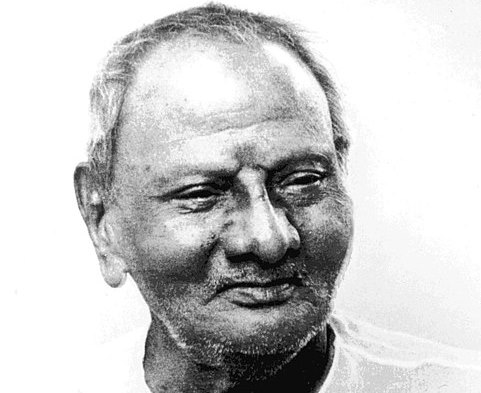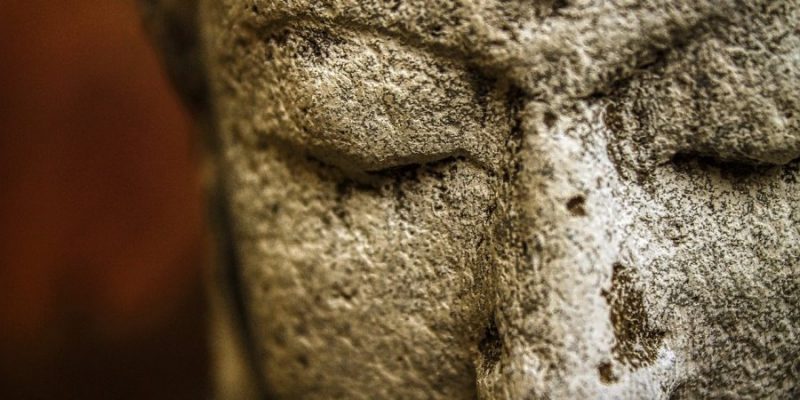
Neti Neti is a well-known technique (approach or tool) within Advaita Vedanta practices. The phrase is an Indian Sanskrit term that is usually translated as “not this, not this,” “not this, not that”, “not so, not so,” or “neither this, nor that.”
Apart from being an actual practical (spiritual) activity, that is, Sadhana, mantra, and meditation technique in the search for ultimate understanding, Self-Realization, and Spiritual Enlightenment, it’s a conceptual stance that reflects the idea that we are not what we see or think we are, not part of or in duality, but a non-dual phenomenon, indescribable, but nevertheless real and reality.

In fact, one of the fundamental methods of Advaita Vedanta is the active negation of the knowledge of who or what we are, the negation of concepts about ourselves and the world, including the negation of so-called “spiritual advancement.” It presents us an anti-dote to objectivation, to duality, by negating all objects that appear in our consciousness in order to come to “absolute consciousness,” which is consciousness not of “other things” but a consciousness — or perhaps rather awareness — of consciousness itself.
It needs to be understood, however, that there can be no actual, tangible “observer” of consciousness, because that would re-introduce duality. It’s finally a non-dual consciousness of itself, which — being without object — is the final attainment of — nothing. Nothing … as no-thing … but nevertheless real and living. The source and expression of what we are.
Neti Neti negates and denies the mind, the body, forms, concepts, the senses, and emotions as an Ego or an independent Self. It proclaims that we are nothing that we can point at or define. What we are is not an object, but by contrast, total subjectivity. A complete “me,” but not as an identifiable identity. Neti Neti is a unique Vedantic approach, an invitation to take up the courage to walk alone, independent, as an in-dividual being, to finally realize our True Nature.
Its aim is transcending all worldly experiences, understanding finally that we are “not to be defined,” but nonetheless — real and there. Although a negation, it’s likewise — perhaps paradoxically — an affirmation of existence, of being, of absolute being, of that-what-is without any other, the supreme Tat Tvam Asi (translated as You Are That or I Am That), which is a reference to the unity (and single identity) of Atman (the individual personally perceived Self) and Brahman (the Universal Consciousness and Absolute).
















